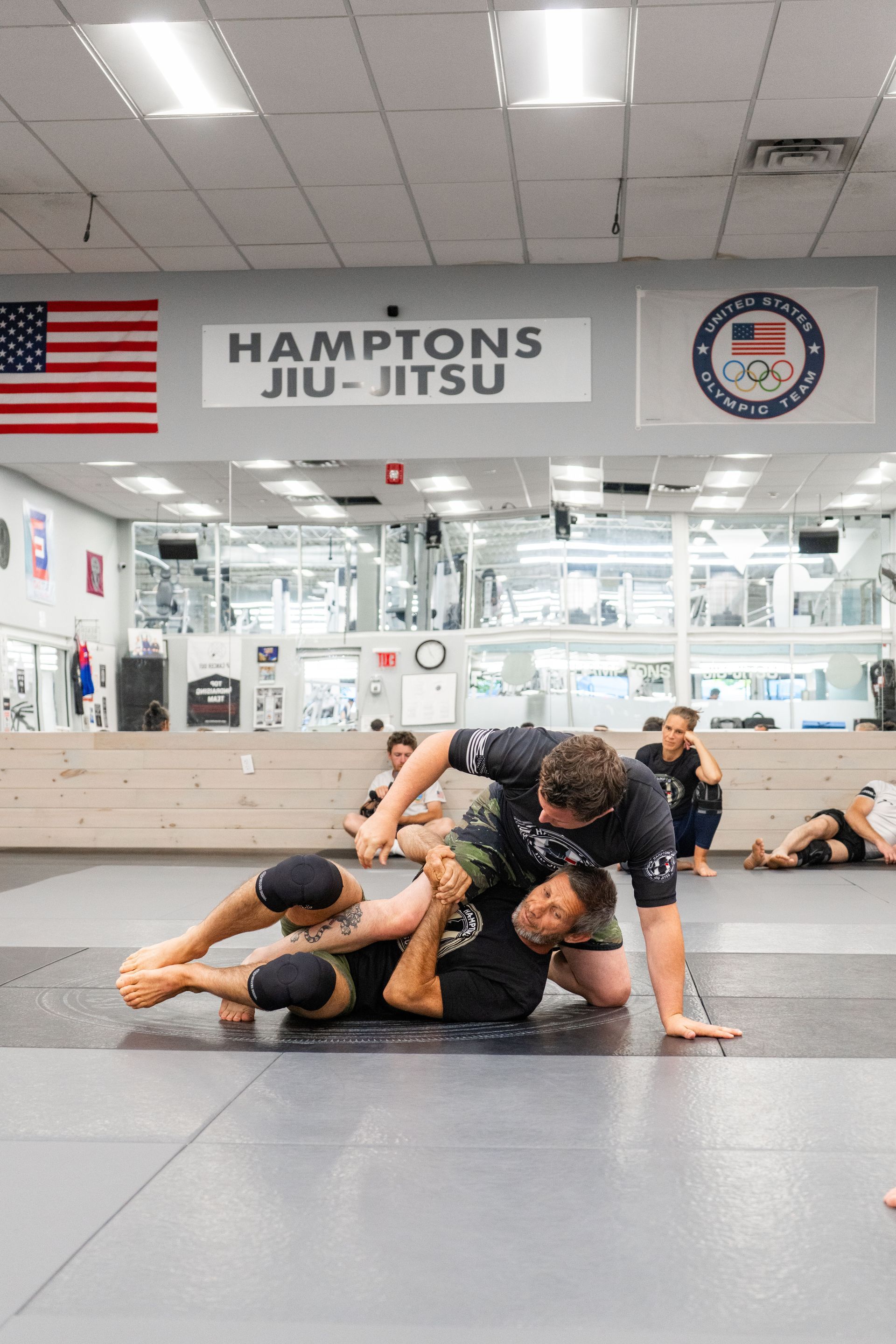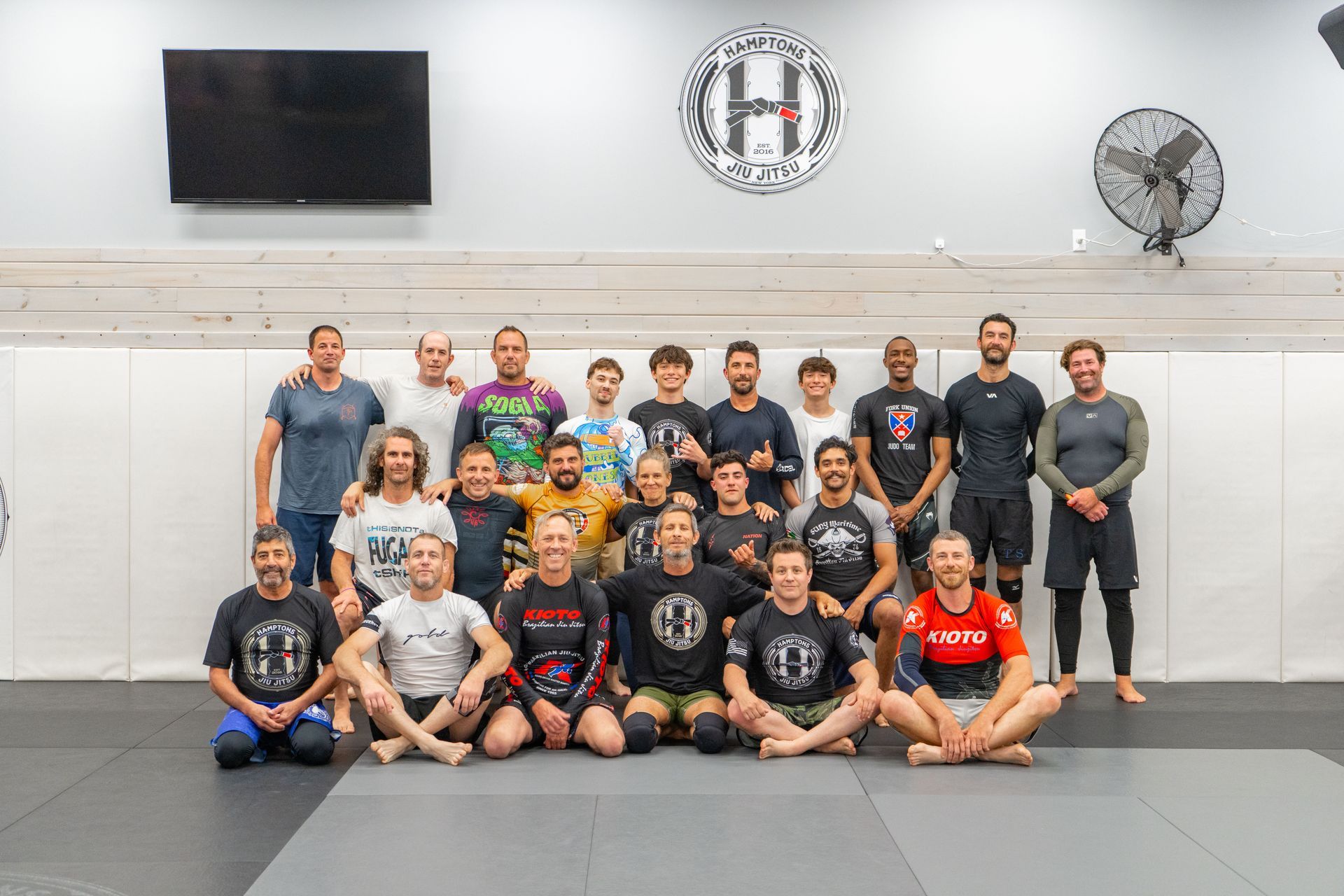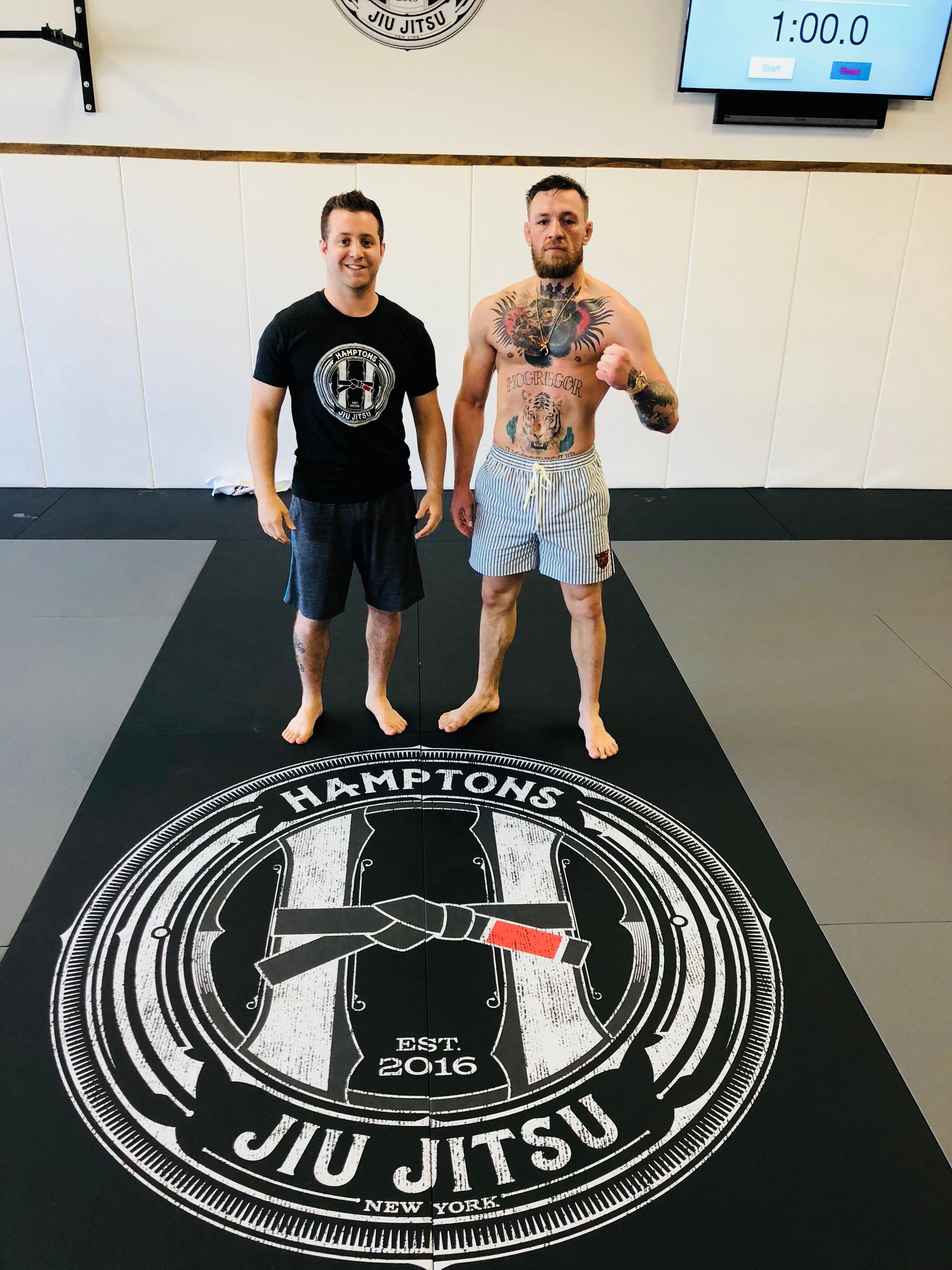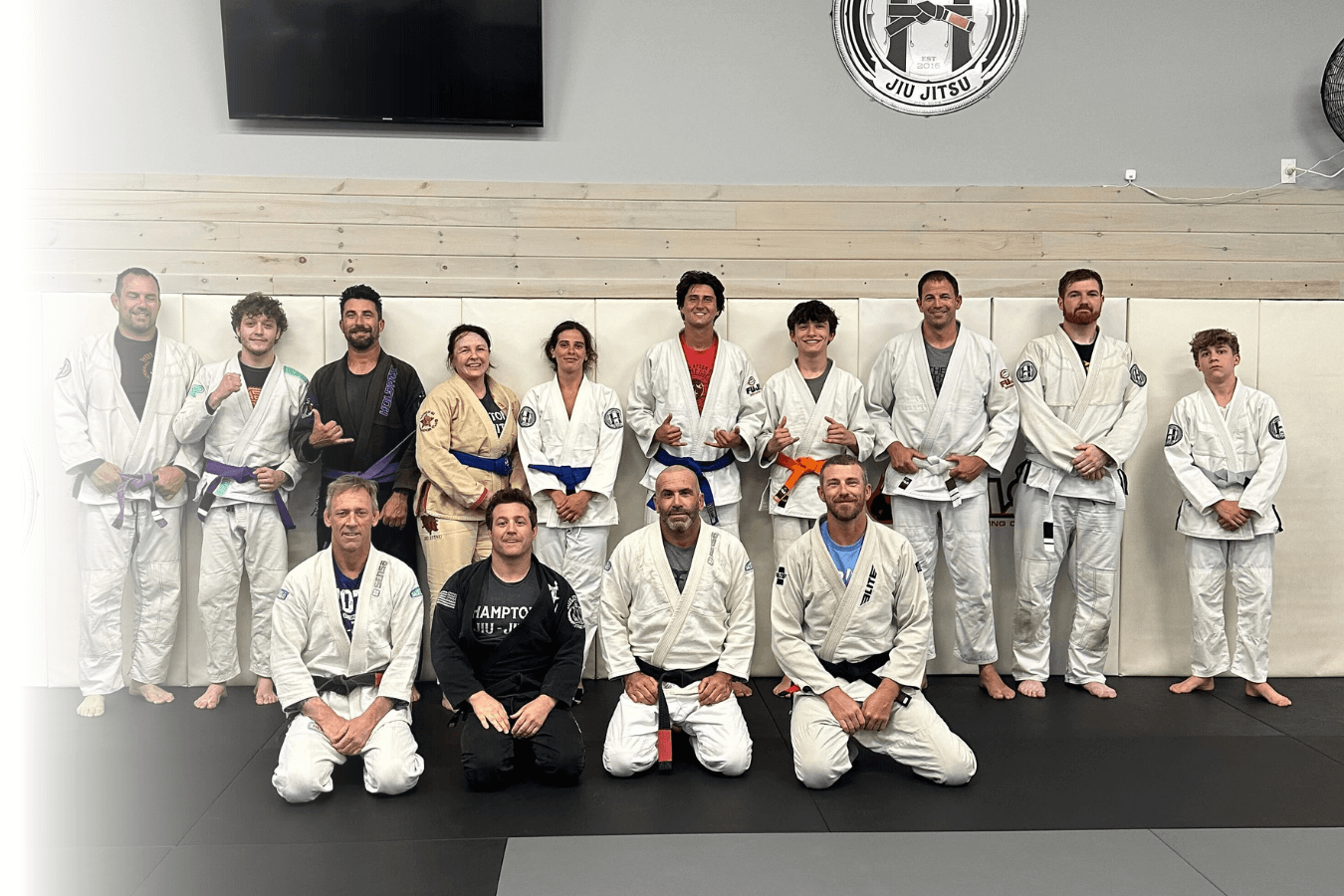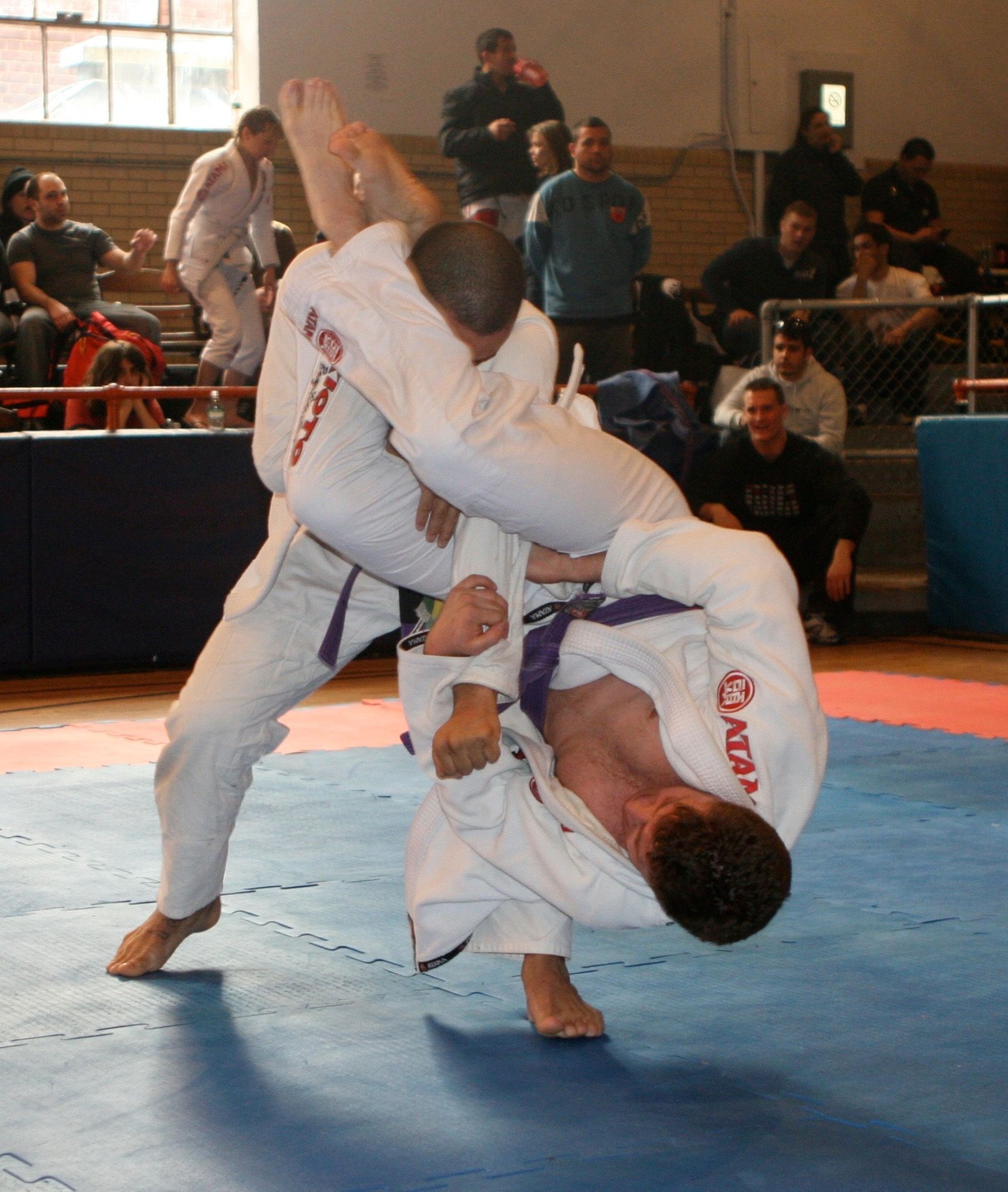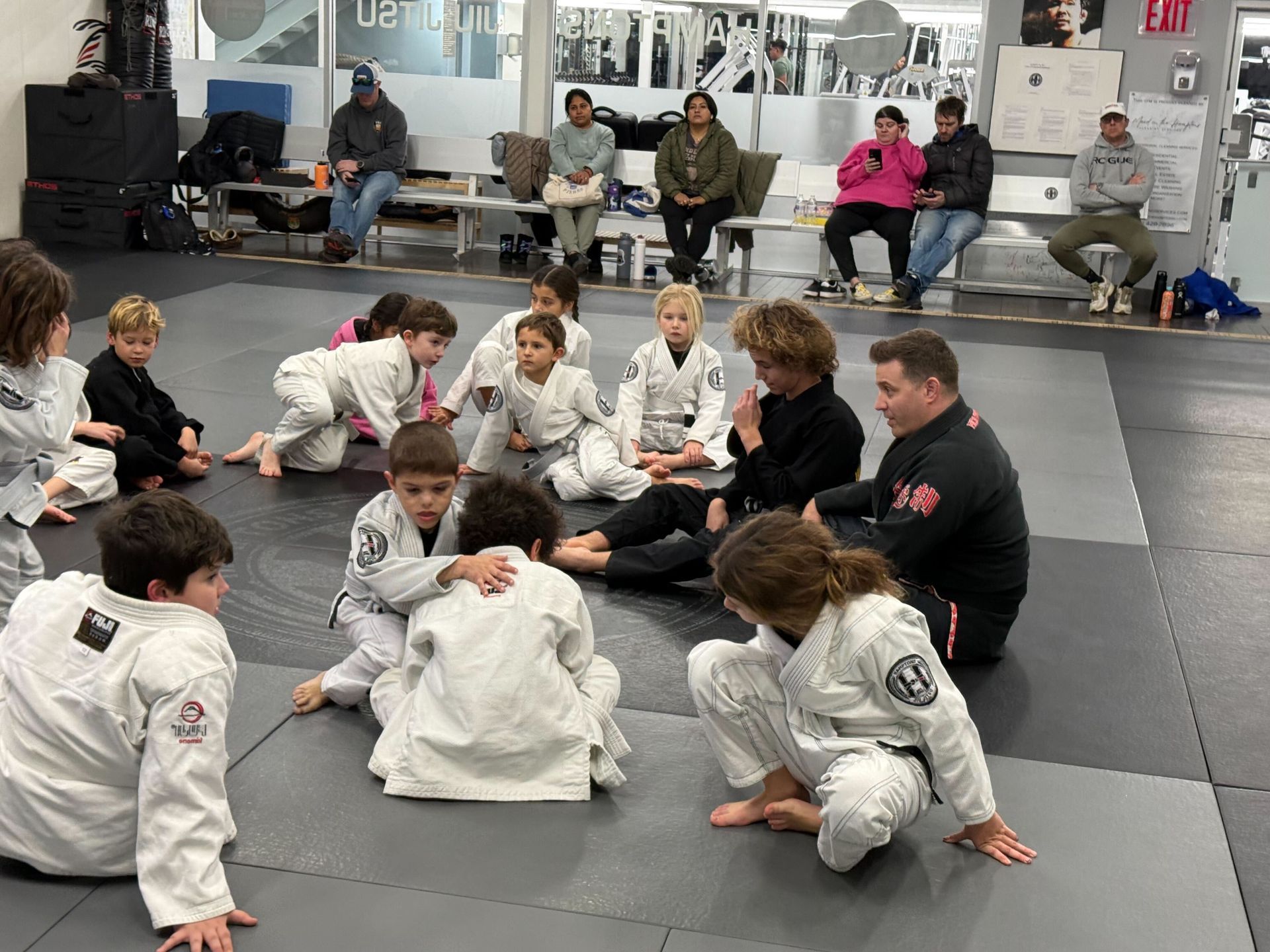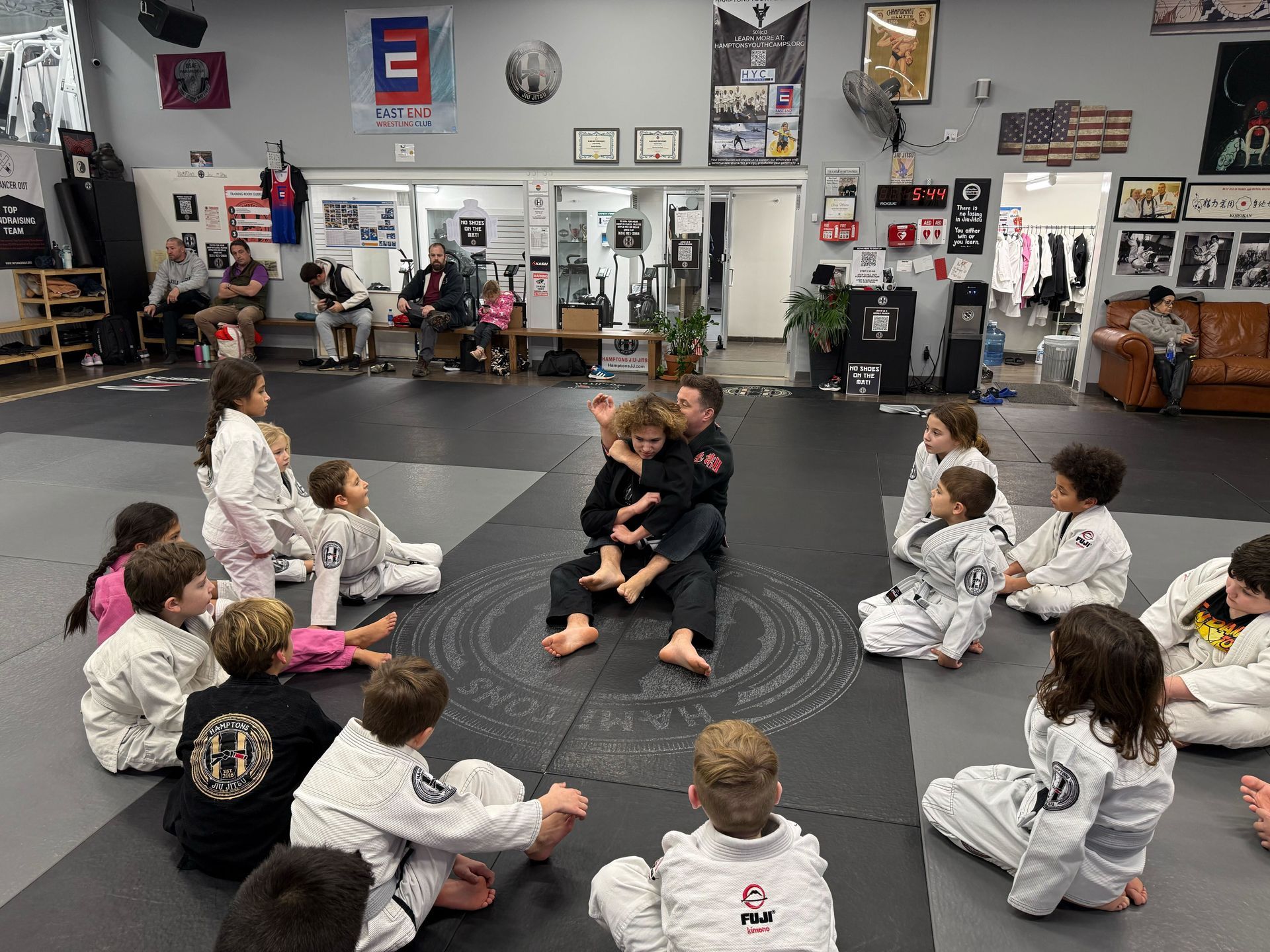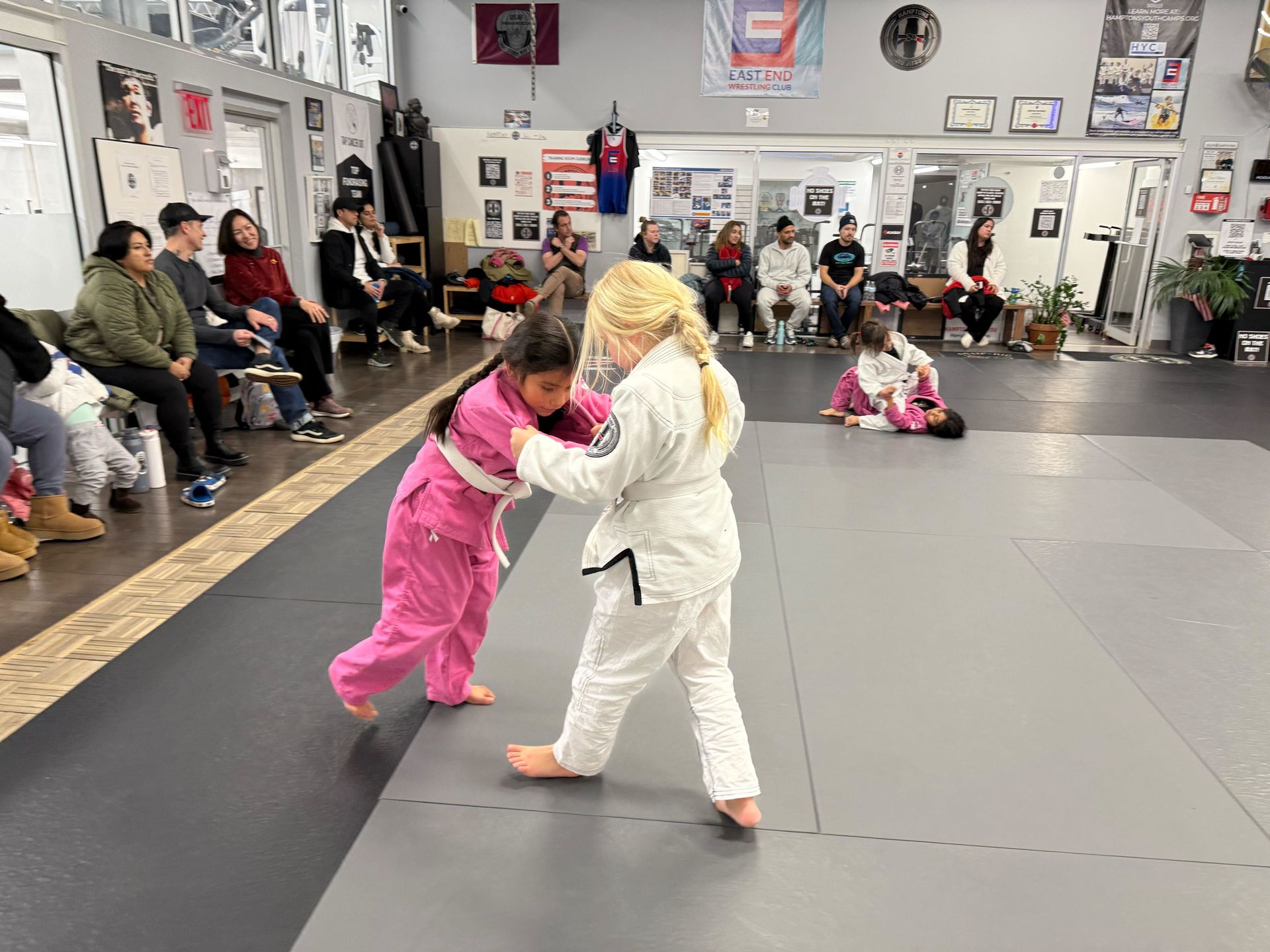Attention Professors: You do not own your students.
Attention Professors: You do not own your students.

There are certain things that Professors can and should do to maximize student retention, and minimize inter-Academy politics. Yes it is true, you can't please everybody that comes in the door. It is also true that the attrition (turnover rate) is high in Grappling Arts.
I've seen it a lot. A Professor brings a new student from being brand new to blue or purple belt. When the student decides to move on, the student is immediately shunned and they take the blame. Instead of looking back at themselves and figuring out what went wrong, the Professor always has another side of the story. The end result? A new grudge, and another relationship severed. This art and sport can grow much more if we can all be on the same page.
I get it, you feel like you've wasted your time and investment into that student. Ask yourself a question though, did they pay you for your services? I don't remember the last time a college professor held a grudge because their students in Business 101 went on to start their own businesses producing a lucrative income. If I had to look back on what caused people to leave an academy on bad terms, the most popular one was "Cross-training". In other words, training at another academy not their own.
There is absolutely nothing wrong with cross-training. There are ways, however, to do it correctly and incorrectly. First of all, your Home Academy is where you pay your tuition and regularly train. You can train elsewhere via a "drop-in" fee to learn new techniques, and train with other practitioners exposing you to different styles and body types. If you remain respectful to your Home Academy by supporting them via your tuition and by not forcing these newly-learned techniques on unreceptive training partners, all is good.
Why do Grappling practitioners have this burning desire to cross-train? Because there is no one right answer. Techniques are constantly evolving, and unfortunately a lot of Academies believe in one way of doing things. If you don't keep up on the constant evolution of techniques, you will be considered out-dated. Eventually, because of lack of awareness of new positions, you and your students will be beaten by those same postitions because of your lack of knowledge. It is not enough to say "I just want to know the position so I can defend it". If this is your mindset you will never truly understand the totality of the position. That is like saying "I just want to learn how to drive the car without stopping".
I love the timeless analogy of rock music. Your dad grew up on Elvis Presley, so he thinks that your Jimmy Hendrix albums are crap. You grew up on Jimmy Hendrix, so you think your sons Metallica CDs are shit. Your son grew up on Metallica CDs, and so he will think his son's Gojira playlists sound like garbage. Once a person becomes used to something it is ofter very hard for them to learn and like new things.
There are so many Professors that have an issue with students trying techniques that are out of their skill-level for the fear of bad habit development. I'm sorry, but I've never known any other way to learn quicker than by doing something the wrong way, correcting my mistakes, and continuing to work out the kinks. Every single person that walks onto your mats is unique in their ability to learn. They have specific physical attributes and personalities. To assume that you can create a "one-size-fits-all" method of teaching Jiu-Jitsu is naive, lazy, and egotistical.
On the flip side, things can go haywire when students immediately think they need to switch academies simply because of their Home Academy's view on how you should learn, or because they think there is a lack of suitable training partners where they currently train. Some people think they only need to train with other World Champions to be a World Champion. They will even take that mindset further and believe that all they need to do is be a World Champion and all their financial desires will come true. I hate to break it to you, but there are a lot of broke World Champions out there.
I love this quote by John Danaher: "People have a mistaken impression that you should always be training with the toughest guys which is not true at all I believe." He continues by saying "I always believed that around 80% of your training should be with significantly lower level people than yourself so you can practice new techniques and you can expand your repertoire..."
If you leave an academy because of a financial disagreement or a personal issue, that is different. The problem is when you decide to switch because you fail to see that YOU are the reason for your own lack of progress, not your Home Academy. You need to be an active participant in your own rescue!
If you, as an Academy owner, accept the fact that there are new techniques out there and you can keep your ego in check, there is no reason to prohibit your students from cross-training. They don't have to tell you where and when they are training. They don't need to ask your permission. They need to have confidence in the teaching style of their Home Academy, your Academy. You must have an open mind as an owner. That requires you to be humble. I like to go a step further and invite specialists in different styles (at my Academy Hamptons Jiu Jitsu) that I openly admit I'm not an expert at.
"In an average five-round training session I will get submitted fifteen times. Take that information and ask yourself if you really have no ego". Garry Tonon
It all starts with a goal. Does your new student want to "defend themselves against an un-trained attacker"? Are they just looking for another form of exercise and community to be a part of? Do they want to learn the art purely for the beauty and love of learning something new? Are they wanting to test themselves and their rate of learning in order to beat other Jiu Jitsu practitioners and compete at a high level? Chances are you will come across all of these in various combinations. One thing we know for sure: if you are close minded, you will lose, be it on the mat or in business. People will ultimately vote with their dollars.
Let's face it... What got you addicted to Jiu Jitsu in the first place? Learning the basics was awesome because it was something new. You can't argue that the fundamentals never change. The fundamentals themselves though, are evolving as well. In my experience, what keeps me constantly passionate about being on the mats is learning new techniques, keeping up with evolution, trying to shorten the learning curve for new students, and trying to adapt them to my own new strategies and concepts. Giving your current students the opportunity to try new things in an open-source environment is key, all while teaching solid updated fundamentals to new students.
If you do the right thing by your students and set up a business structure that promotes incentives for your instructors and black belts, then you should see a healthy return on investment. Your Academy will continue to grow and your students may even open affiliate academies, advancing the lineage. This is ultimately what Jiu-Jitsu should be about. Passing on the knowledge, but doing so in a way that grows the art and sport alike. If we aren't trying to teach new students Jiu-Jitsu in a way that is more efficient than how the previous generation did it, then we don't know the true meaning of Jiu-Jitsu in the first place.
Greg Melita has black belts in Jiu Jitsu, Judo, and Karate. Training Jiu-Jitsu since 2000, he is the owner of Hamptons Jiu Jitsu, and the Director of Marketing and Media for KASAI Grappling. He also owns Jiu Jitsu Motivation™, a Grappling News & Marketing Company. Greg graduated from St. Joseph's College in Patchogue, NY with a B.S. in Computer Information Systems.
ACCESS OUR SCHEDULE
& EXCLUSIVE WEB SPECIAL
Secure your spot and get started today with our EXCLUSIVE offer!


